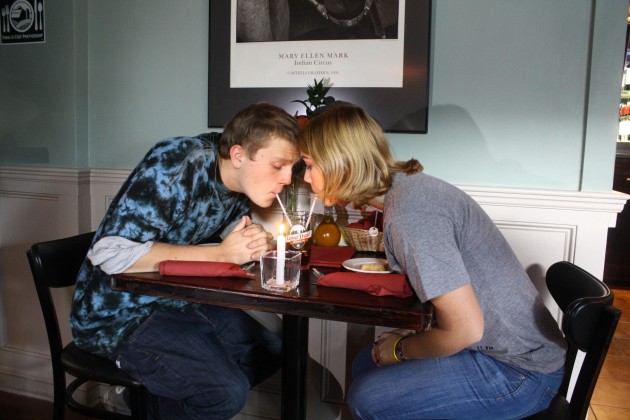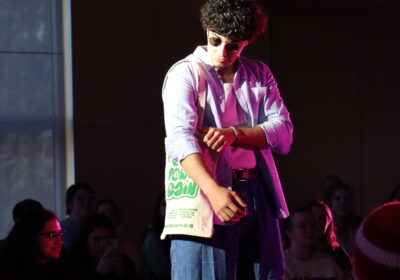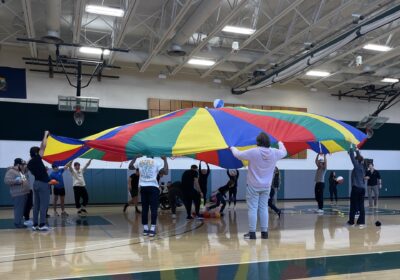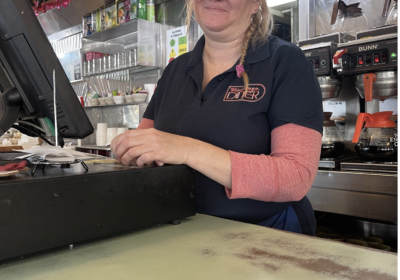Is traditional dating dead in college?

You shower, dress up, and practice your smile in the mirror. You sit at the window waiting anxiously for a car to arrive. You’re going on a real date, but these days you’re an exception.
College students are ditching traditional courting for a more relaxed approach to relationships. Our generation is causing the death of dating.
Dating has been replaced with “hanging out” and hooking up. Sophomore Josh Booker says that dating is becoming an idea of the past.
“I’ve been on three real dates since I started college. None of them ended in relationships. I think it depends on the person. There are still some chivalrous guys that believe in dating,” he said.
Linda Olson is a sociology and women’s and gender studies professor at Castleton. She is also chair of the CHANGE coalition and warns of the dangers of leaving dating behind and taking the more common form of socialization in college: hooking up. She explained how women are often the lesser partners in these “friends with benefits” situations.
“Hooking up is based on a male notion of sex. Women who engage in hook ups, often times report not having an orgasm. Men almost always do,” she said.
In his novel Guyland, Michael Kimmel claims that “Women report an orgasm 34 percent of the time; the men report that the women had an orgasm 58 percent of the time.”
“There seems to be a disconnect here… Women are faking it. There needs to be communication about sex and what pleasures us,” said Olson.
What are the benefits to dating before jumping in the sack?
Trust and respect is key, according to new CHANGE Coordinator Amy Bremel.
“The biggest benefit I would say is knowing that person; it’s also a friendship. You know that person’s goals and dreams and wants. Otherwise it makes them essentially a stranger,” she said.
Women are more likely to initiate relationships, according to Olson. But many females are opting out of dating. Sophomore Kaylee Pinson is one of these women.
“I haven’t been on one since I’ve been in college. I wanted to have a good time and live it up last year,” she said.
Olson believes that alcohol is partially to blame and that these types of relationships can make female students targets for both physically and emotionally abusive situations. Bremel believes technology makes it easier to form relationships, but not in the most positive way.
“Technology allows us to go away from face-to-face communication. You can say things in a text or e-mail that you wouldn’t say to people’s faces. It can remove those emotions,” said Bremel.
But there is still hope.
Randy Babineau graduated from Castleton in 2010. While he was here he became the first captain of the college’s football team, but he also met his girlfriend, senior Marisse Lorenz.
“We liked each other, so we started hanging out more. Our first date was sandwiches and a hike to this look-out spot, except we got yelled at because it was private property,” he said.
Despite a first date failure, Babineau and Lorenz have been together for three years- and they still go out on “real” dates.
Whether you prefer a hook up or are too afraid to have the relationship talk with the guy you’re hanging out with, there are clearly benefits to risking rejection and forming a relationship rather than risking your mental and physical health for a one night stand or long term “cuddle buddy,” according to studies like the one conducted in 2001 by the Independent Women’s Forum titled “Hooking up, Hanging Out, and Hoping for Mr. Right: College Women on Dating and Mating Today.”
Your future husband or wife will thank you.






